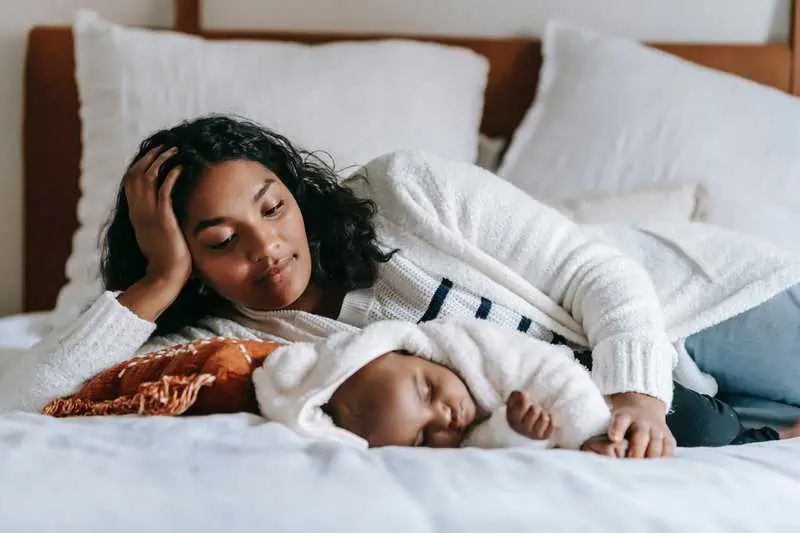
Sleep apnea is an ailment that has typically been associated with adults. But it’s absolutely possible for this serious condition to occur in kids, too. There are some key signs to look out for when it comes to identifying sleep apnea in kids, and your pediatric dentist in Long Island is here to help.
What is Sleep Apnea?
Sleep apnea is a serious condition that causes someone to stop breathing during sleep, often several times a night. This can result in reduced oxygen levels and an increase in carbon dioxide and leave kiddos feeling unusually tired throughout the day. Sleep apnea in kids can also be tied to other problems such as learning, behavior, growth, and heart conditions. Oftentimes, those with sleep apnea don’t even know that they wake up during the night.
What Causes Sleep Apnea in Kids?
One of the main purposes of sleeping is to relax and help our bodies recover through rest. So it’s only natural that our muscles relax while we sleep. However, if the muscles in the back of the throat relax too much, it can block the airway and make breathing difficult. This may be more common in kids that have large tonsils or adenoids. But that’s not the only thing that can contribute to sleep apnea. Other factors include:
Signs of Sleep Apnea in Kids
The most common symptoms of sleep apnea in kids are similar to those in adults, such as:
If you notice any signs of sleep apnea in your child, call your pediatric dentist in Long Island for an appointment.
Long-Term Problems Associated with Sleep Apnea
Because a child with sleep apnea doesn’t typically get a good night’s rest, they’re more likely to be tired and may have difficulty waking up in the morning. Kids with sleep apnea may also:
It’s not uncommon for kids with sleep apnea to be misdiagnosed as ADHD or other learning difficulties so it’s important to get the opinion of your pediatric dentist in Long Island.
How is Sleep Apnea in Kids Treated?
Treatment for sleep apnea is possible, but the best way to treat your kid’s sleep apnea will depend on their specific situation and needs. Some options include:
Sleep apnea is a serious condition that requires a proper diagnosis and treatment to help relieve symptoms. If you suspect that your child may have sleep apnea, don’t hesitate to call your pediatric dentist in Long Island to schedule an appointment.